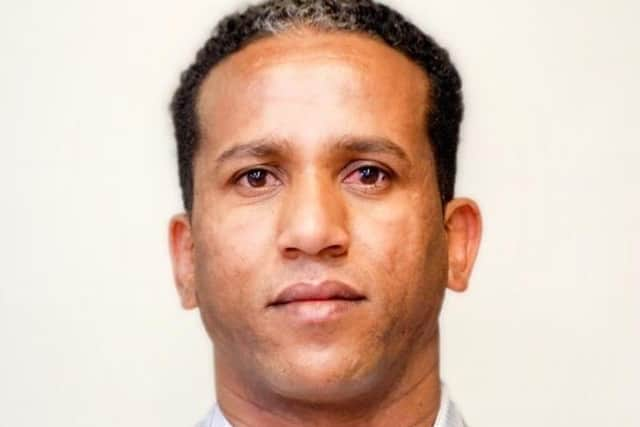There is radical denial of humanity and hospitality in the UK asylum system - Hyab Yohannes
Refugees make these appeals as humans with their own languages, cultures, skills, and knowledge, and they want to use their languages, cultures, and skills to build a world where everybody can give and receive as equals.
Yet, in the giving-receiving paradox of so-called integration, it is only citizens who have the right to give. Citizens accept no gifts from refugees, yet expect refugees to accept their way of life as a gift. The notion of integration as a benign relationship between immigrants and citizens hides the fact that citizens force their values and way of life on those seeking refuge without receiving anything in return. People seeking refuge are expected to leave their own “worlds” and enter a new “world” as if they had never previously existed as subjects with language, culture, and knowledge. They experience a reduction of their subjectivities. They want to work, study, speak their languages, and share their cultures, but, are denied any opportunity to give back their languages, cultures, and ways of life. This impossibility of giving anything back forces refugees to become permanent receivers – to be at the receiving end. Assimilated into a system in which they no longer recognise themselves, they unbecome what they once were to become like “us”.
Advertisement
Hide AdAdvertisement
Hide AdThe category of “citizen” appears to be assigned the role of “giver”, which denotes colonial relations. While, for citizens, the act of receiving is rendered impossible, for refugees, it is inevitable. One can only refuse to receive a gift – to share a world with those who seek refuge. In fact, those seeking refuge resist the idea that it is impossible for us to share the world; they know better how to coexist with new faces in new places. It therefore behoves the citizen to recognise the refugees’ dignity, and their rights to give and receive, requiring radical openness and hospitality.


Ironically, however, the government creates a “hostile environment” in which citizens are taught to blame refugees for not giving back. Once citizens are persuaded that those seeking refuge are to blame, the government then uses this to deny the refugees’ very existence and their basic rights to seek asylum. To deny people the right to asylum is the most radical dismissal of their very existence. To dismiss a wounded body, traumatised mind, and exiled human being seeking refuge is a radical abdication of any responsibility to protect the human condition.
To conclude, giving and receiving are essential elements in the process of integration. They allow us to leave ourselves and our worlds in order to find ourselves in a new world that we have built together with others. If we deny people the right to give, we are refusing to share a world with them. If we are incapable of recognising a human face in the faces of the refugees or a human place in the places of the refugees, then how can we claim to have humanity in our own faces and hospitality in our own places? There is a radical denial of humanity and hospitality in the UK asylum system, and this denial amounts to a refusal of the subjectivity of the refugee. Reversing this denial of subjectivity requires intercultural and inter-epistemic communication between cultures, languages, bodies, and minds outside of the state-sanctioned violence. It necessitates imagining integration otherwise and recognising the fact that we might need what the refugees have to offer us in order to accommodate them – to “integrate” them.
Dr Hyab Yohannes, Academic Coordinator (School of Education), University of Glasgow for Young Academy of Scotland
Comments
Want to join the conversation? Please or to comment on this article.